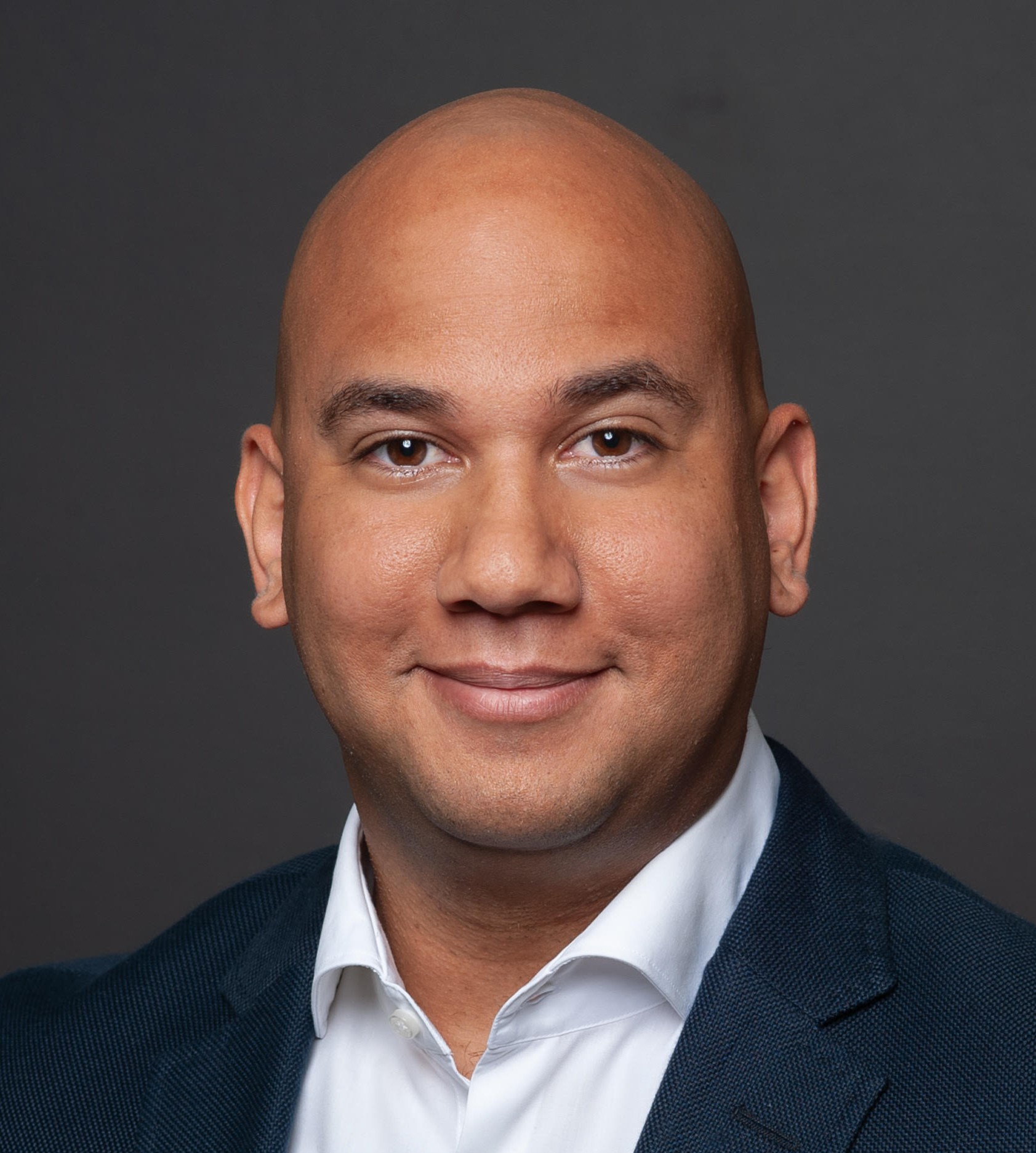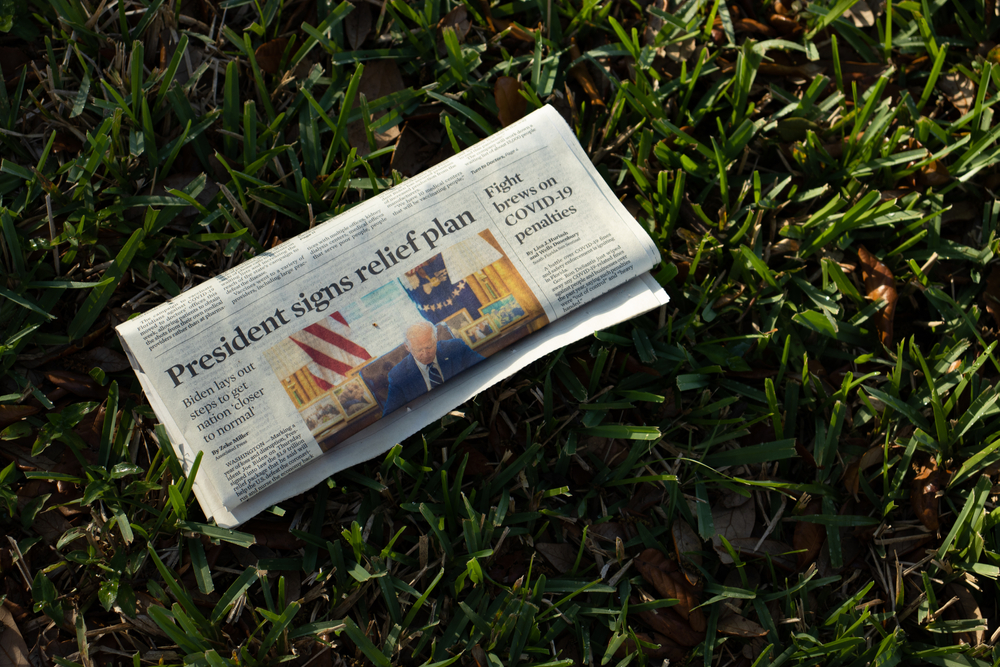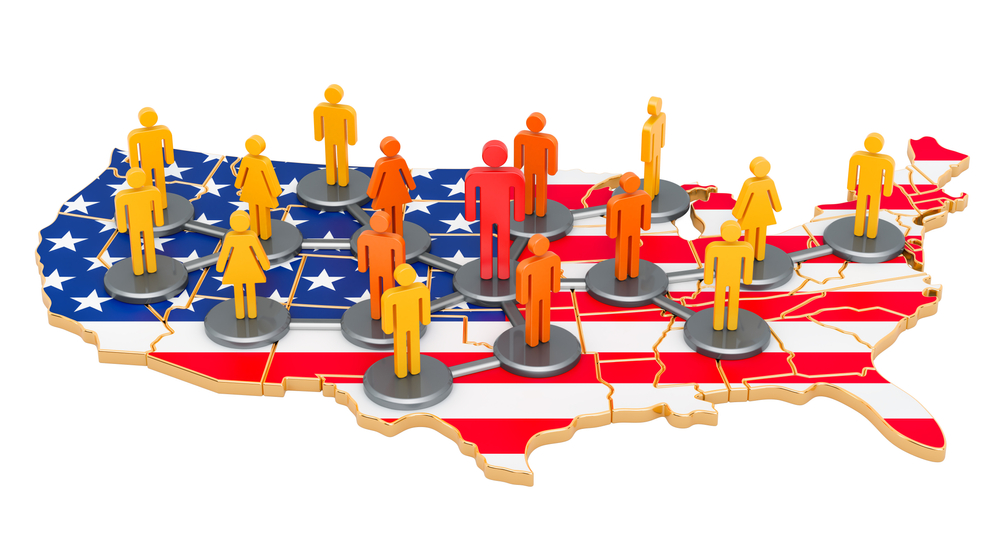Can the average American afford legal services from an attorney?
An affirmative answer is no sure thing. In fact, it might be a 50-50 proposition, particularly when personal savings are factored into the equation.
That was the conclusion of the Federal Reserve when it examined savings across the United States. And that was in 2014, when masks were worn only during Halloween or robberies. At that time, 47% of Americans “couldn’t come up with $400 in an emergency,” the Federal Reserve stated. Consequently, many had to borrow for legal services that exceeded $400.
RELATED: Online bar exam delay causing lawsuits, frustration
RELATED: Mock juror stint can be interesting side gig
Further, according to the most recent study on the topic by the National Center for State Courts, in 2015 titled “The Landscape of Civil Litigation in State Courts,” approximately 75% of civil trial cases nationwide had at least one litigant not represented by an attorney. And the numbers became even worse in cases involving domestic violence and small-claims matters. Those cases often impact the poorest segments of the population, as cited by the National Poverty Center.
A few years ago, Ken DeCesare was one such person, in need of a lawyer but without the ability to pay, following a decade-long battle with drug and alcohol addiction.
Faced with multiple issues that resulted in legal battles, DeCesare said he spent more than three years in search of help.

“How was I going to come up with $50,000 to 100K to get the legal help I needed and the justice I deserved?, he said. “I was beating my head against the wall, just trying to find a solution.”
More than 30 calls to lawyers later, he found one.
Now, with the help of that attorney, he is building a startup solution in the form of LawAsYouGo.
Program makes connections
DeCesare calls it a bridge.
“If you build a bridge between what people can afford and all of the lawyers who want more clients, you’ve done some good and have a good business, too. That’s what we’re trying to do,” said DeCesare, who lives in Orlando.
Paradoxically, the attorney, David Koberlein, was part of the gap. Koberlein, a divorce attorney in Orlando who also has experience in family law, criminal defense, civil litigation and other areas of law, was legal counsel in need of paying clients. Like many other attorneys, he recently had gone out on his own after working with law firms large and small, and was seeking revenue streams.
“There is not a shortage of lawyers, and there is not a shortage of people who need legal help,” DeCesare added. “The problem is an inefficient pricing model — the high cost — that gets in the way.”
In this case, the lawyer explains the idea more simply: “We’re trying to bridge the gap between supply and demand.

“Part of what we’re doing, I believe, is creating more opportunity for good lawyers,’’ Koberlein said. “And it’s also going to provide a lot more representation to the public that they haven’t been able to afford previously. We’re answering both of these demands, and it’s going to add a lot more equity and justice for the public.”
Sound familiar? Indeed, this is not an entirely new concept.
LawAsYouGo is being built atop a cadre of lawyers (little by little) across the United States. The legal services encompass family law, immigration and criminal defense, among other practice areas. Yet, there’s also an uncommon financing component.
Lower credit rating is okay
Some options aimed at making legal services more affordable often involve unbundling services, which are priced separately. Other options include individual attorney payment plans, along with lines of credit, credit cards or personal loans (typically requiring credit scores of 700 or higher to qualify).
By contrast, DeCesare and Koberlein say, LawAsYouGo will offer distinctive lending with sources that will finance down to a 550 credit score.
Launched Sept. 1, the financing plans will be free to utilize for law firms to offer clients, with the potential to increase their revenues by an estimated 30-50%, DeCesare and Koberlein contend.
“You can go buy an appliance; you can go buy a new or used car; you can buy any number of things, and you have the ability to finance those large purchases,” DeCesare said. “Why wasn’t there an option that people were aware of for legal fee financing? And, if they were out there, people didn’t know about them.
With their plan in action, they have a message for the public: “You can afford to hire a lawyer. Affordable financing is available. You can afford the justice that you deserve,” DeCesare said.
For attorneys: “This is certainly an opportunity for lawyers. Even before the COVID-19 pandemic, it was hard for new lawyers to clients who could afford them,” Koberlein said.
Will this work? The jury, of course, is still out.













